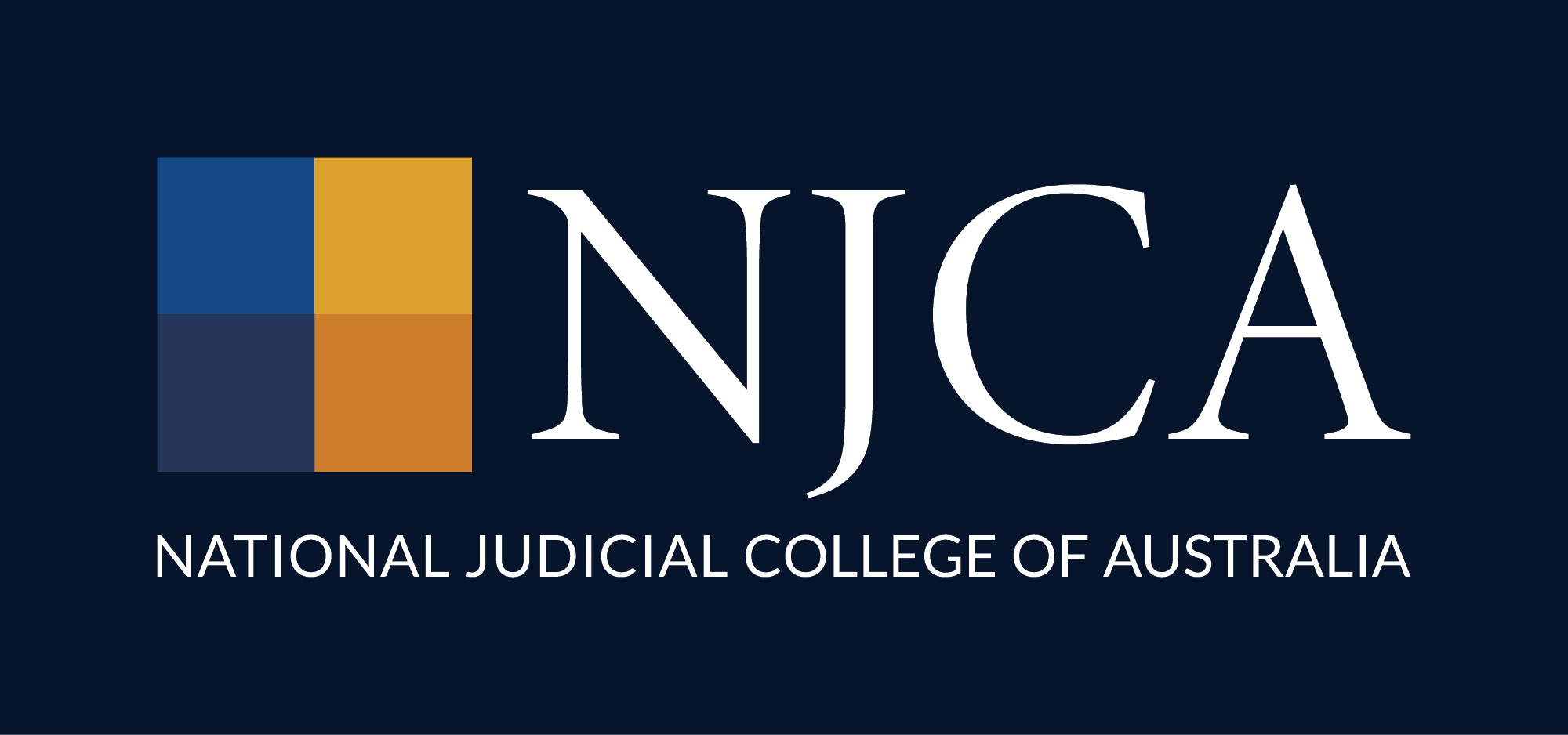The times are long gone when persons appointed to judicial office in the common law world were thought to ascend to the Bench on the date of their appointment, fully equipped with all the knowledge and skills necessary to the judicial task. And even those in civil law countries who have been appointed after lengthy pre-appointment education and internships, will still have a need for the lifelong learning that only experience and continuing education can bring. Judicial education and training upon appointment and during the tenure of judicial office is now a well-established feature of judicial systems around the world.
 Judicial Education – A Global Phenomenon, Chief Justice Robert French, 2009
Judicial Education – A Global Phenomenon, Chief Justice Robert French, 2009
So much has changed in the last 20 years. Judicial education and training now takes place in a globalised world where the education of judicial officers is no longer seen as a threat to judicial independence. Furthermore, effective learning by judicial officers is seen as life-long learning, most effective where it is collaborative.
The NJCA champions the exchange of information and experience in the area of judicial education and training. Such collaboration only serves to enhance the formulation of common principles, practices and standards that can be recognised internationally. This is particularly important in the fields of international jurisprudence where the establishment of global standards assists all judicial education bodies.
The NJCA interacts with other judicial education bodies from various countries from time to time on the basis that many of our training needs and techniques are able to be shared and to enable the cross-pollination of ideas.
In addition to our ongoing international relationships, the NJCA fosters our domestic relationships with Government, academia, and individual courts



 Judicial Education – A Global Phenomenon, Chief Justice Robert French, 2009
Judicial Education – A Global Phenomenon, Chief Justice Robert French, 2009 


